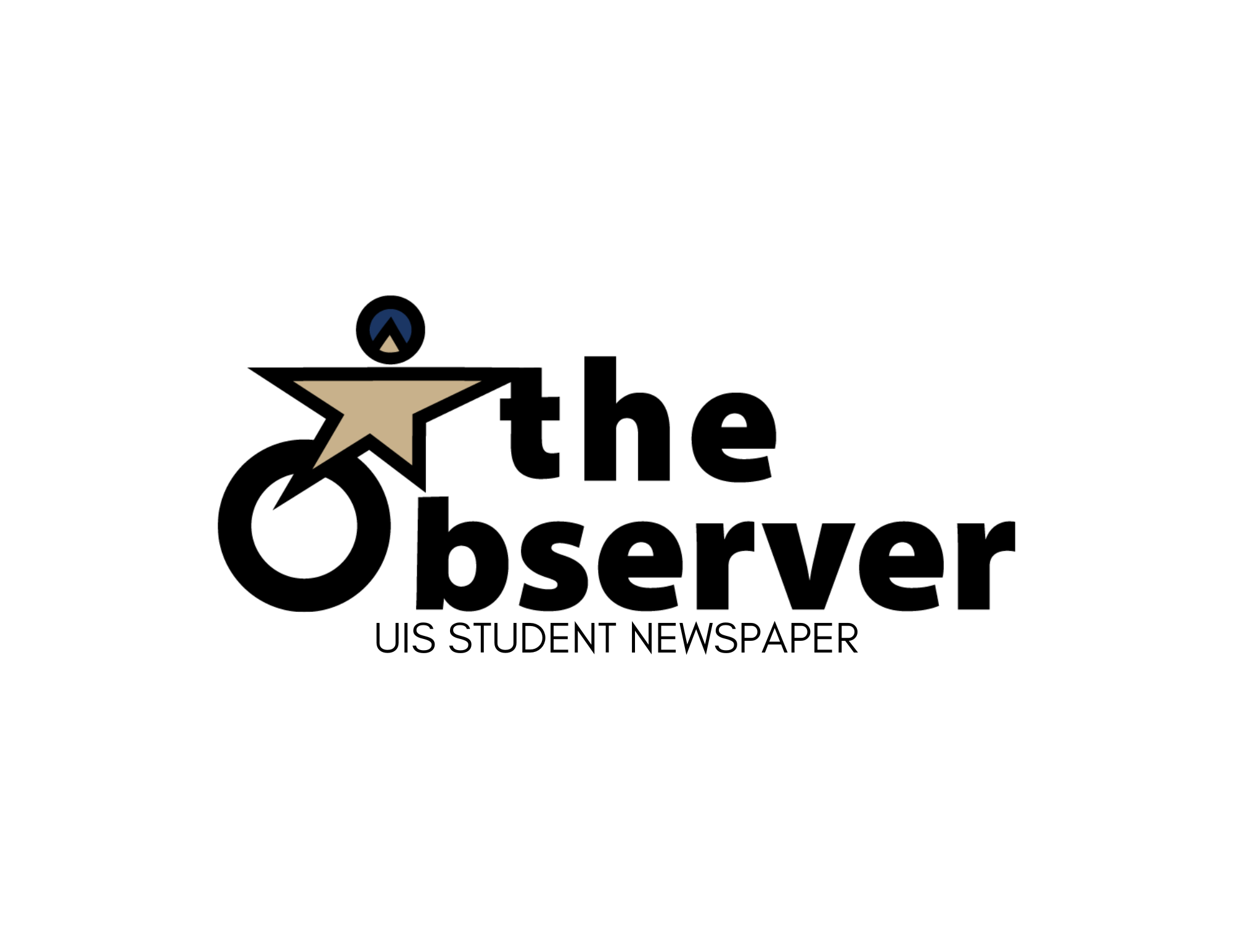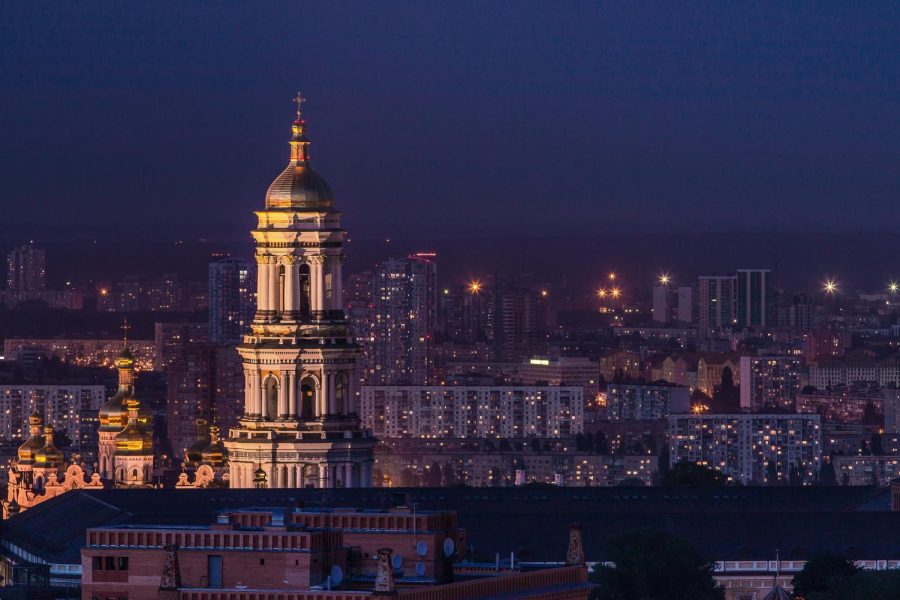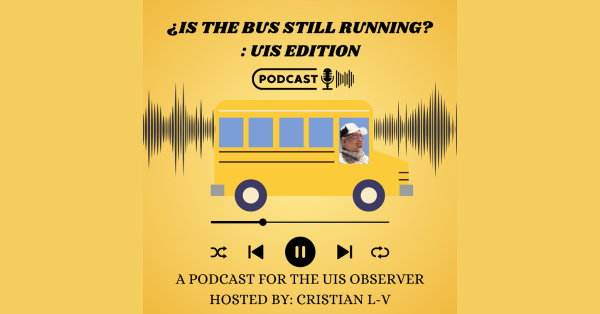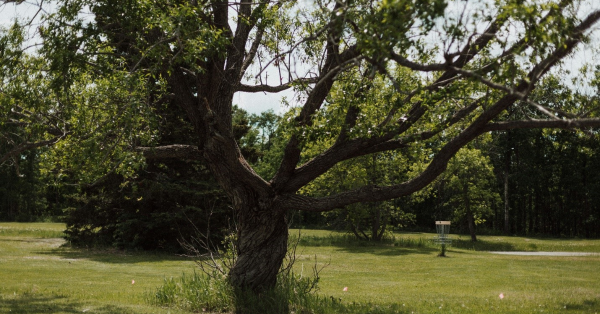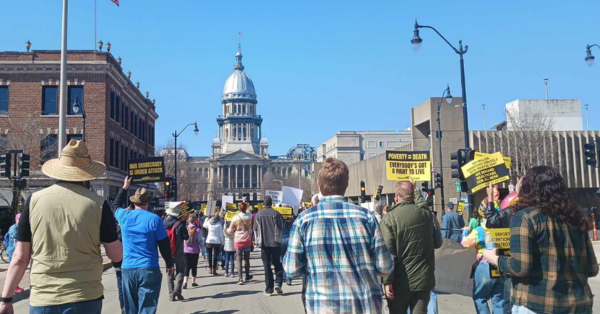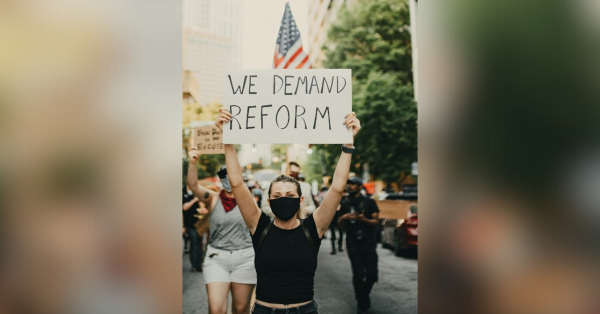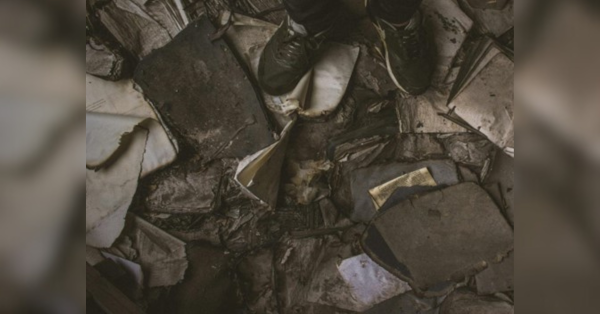Outrage as Russia Moves into Eastern Europe
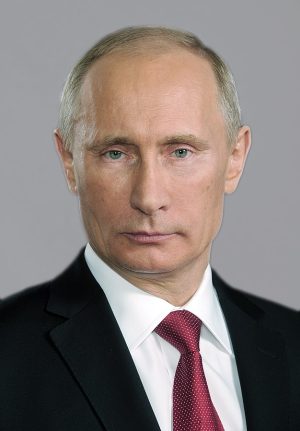
In a stunning display of power and aggression, Russian President Vladimir Putin recognized Luhansk and Donetsk as independent states, two rebelling regions of Ukraine, promising to send what Putin called “peacekeeping” forces despite Western warnings. In a fiery speech, Putin made the false claim that Ukraine was the sole creation of the Soviet Union and that its history of statehood was established by Russia, saying, “Modern-day Ukraine was in full and in whole created by Russia, Bolshevik, Communist Russia to be precise….” In response, Ukrainian President Vladimir Zelensky called the move by Putin a violation of Ukrainian sovereignty and that Ukrainians were “not afraid of anything and anyone. We don’t owe anything to anyone, we will not concede anything to anyone.” The move comes as confirmation of U.S. intelligence after nearly a month of warning by American officials about the potential for invasion by the Russian military.
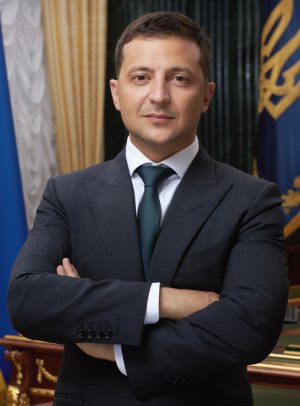
Despite nearly a month of tensions on the border and Russian false flag operations in the region, recognizing separatist forces in Eastern Ukraine is a dangerous turn for Ukraine. Much like the Russian annexation of Crimea in 2014, Putin justified his actions by pointing to its history as an extension of Russian influence. As previously noted by The Observer, Putin has rejected Ukrainian legitimacy as a state, and with his recent speech about the statehood of Ukraine, the potential for further intervention by Russia remains a terrifying possibility. Indeed, the newly recognized territory expands Russia’s influence into regions that have Ukrainian forces, further increasing the risk of confrontation between Russian troops and Ukrainian forces. Some witnesses have warned Reuters that unmarked tanks are in Donetsk, one of the two regions Russia claims is independent.
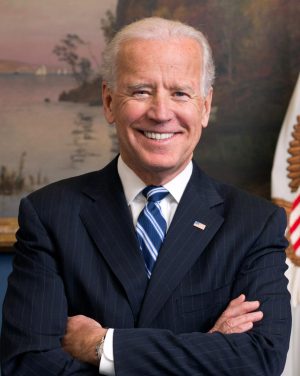
President Biden denounced the decision by Russia and immediately signed an executive order prohibiting all trade from the United States with the regions recognized by the Russian government. The Biden administration has been warning about the potential for invasion since late January, attempting to expose Russian operations as they occur. However, with the possibility of an invasion becoming increasingly likely, Biden will almost certainly have to send more aid to Ukraine to support the defense operations there, not to mention sending more troops to support NATO countries. But even with the rising opposition from Biden, the risk of a refugee crisis may prove a daunting task.
As of this writing, the international community is also scrambling to respond, with the United Nations Security Council holding an emergency meeting to address Russia’s hostility to a sovereign nation. In a statement, French Prime Minister Emmanuel Macron called the development “…a unilateral violation of Russia’s international commitments and an attack on the sovereignty of Ukraine” and called for targeted sanctions against Russian leadership. European alliances have also reacted in horror at the aggression, with Charles Michel, president of the European Council, and Ursula von der Leyen, president of the European Commission, calling the attacks “a blatant violation of international law as well as of the Minsk agreements. The Union will react with sanctions against those involved in this illegal act.” Multiple other countries, including Germany, have condemned the recognition.
The recognition of the two separatist territories in #Ukraine is a blatant violation of international law, the territorial integrity of Ukraine and the #Minsk agreements.
The EU and its partners will react with unity, firmness and with determination in solidarity with Ukraine.
— Ursula von der Leyen (@vonderleyen) February 21, 2022
The near-unanimous outrage directed at the Russian government is notable, especially when it comes to Germany. Germany initially opposed sending so-called lethal aid to Ukraine to support the defense effort against Russian separatists. Their position was partially due to the Nord Stream 2 pipeline that Russia controls and that would go through Germany if permitted to continue. However, with the recent decision against Ukraine, it is increasingly likely that the pipeline and German relations with Russia will be hampered. Officials with the European Union have noted that their sanctions will target the project if Russia sends more troops, putting the pipeline’s fate in the air.
While the situation is ongoing and subject to change, it is almost certain that Putin is not finished with Ukraine and that the world will be watching in anticipation and fear.


